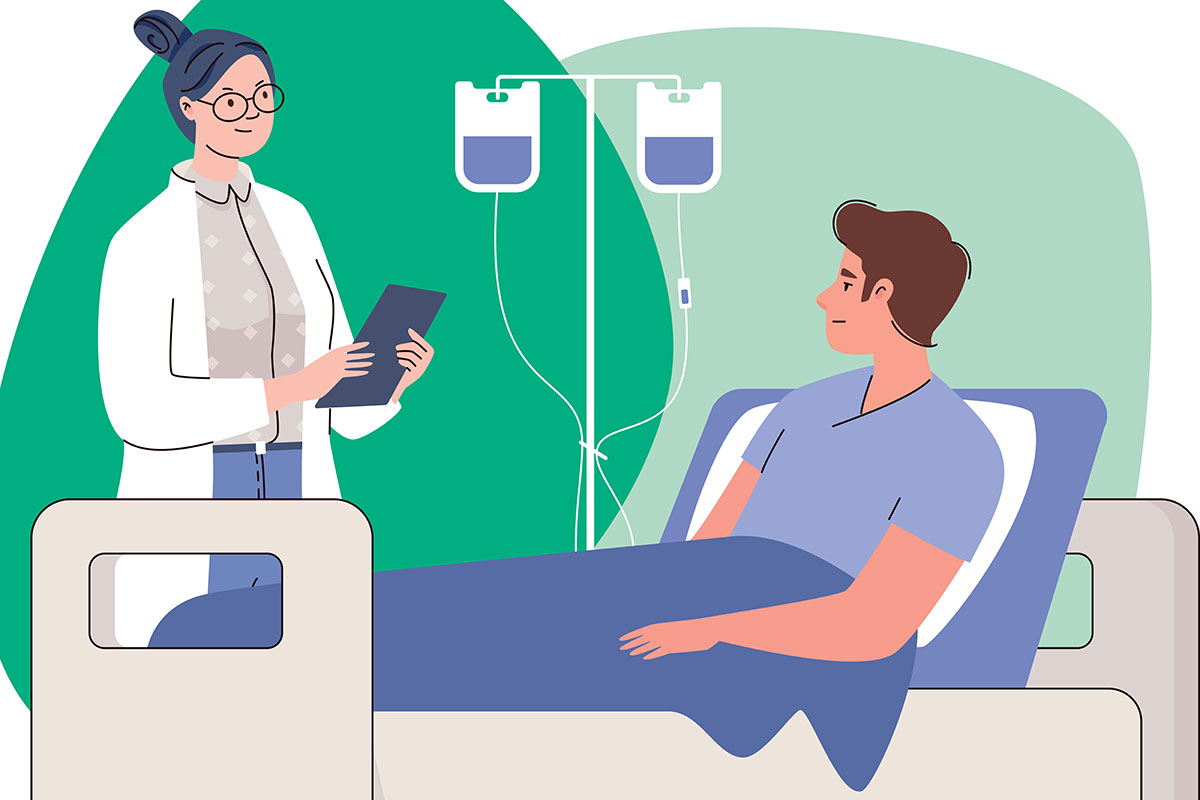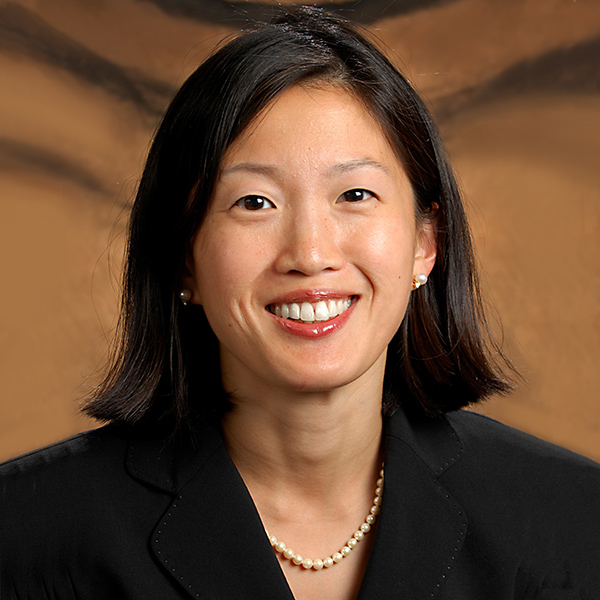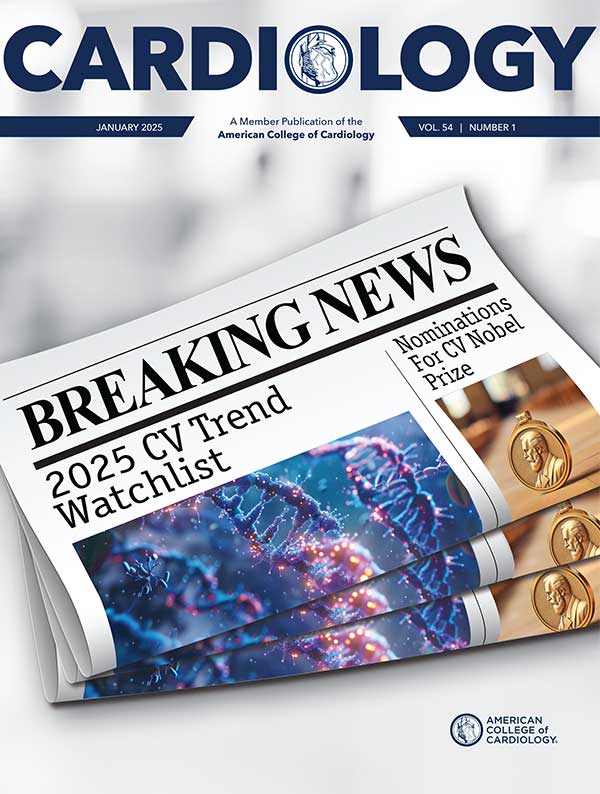Feature | Expert Insights Into Managing Cardiotoxic Cancer Therapy

Preventing, detecting and managing cancer therapy-related cardiovascular toxicity (CTR-CVT) is a clear objective during cancer treatment. To aid in achieving this objective, a three-part Expert Panel series published in JACC: CardioOncology, provides a review of the current evidence for the cardiovascular care of patients before, during and after cardiotoxic cancer therapy and highlights gaps in the evidence.
In the first installment in the series, an Expert Panel chaired by Zahra Raisi-Estabragh, MBCHB, PhD, addresses care prior to therapy and provides recommendations for risk stratification and cardiovascular optimization for all patients.
The panel suggests that baseline cardiovascular investigations be tailored based on individual risk, including the proposed cancer therapies and cardiovascular status.
Additionally, it's suggested that patients undergo a comprehensive clinical history and examination to assess risks like hypertension, high cholesterol and diabetes.
"This risk stratification helps guide both cancer therapy choices and the frequency and type of surveillance required during treatment," according to the panel. "A 'baseline' evaluation should be repeated whenever a change in cancer treatment is considered."
The report also assesses tools for risk stratification precancer treatment, including use of echocardiography, cardiac magnetic resonance, coronary artery calcium and biomarkers. It also recommends minimizing the dose of anthracycline when feasible.
In terms of further research, the report cautions that "although cardiovascular imaging and biomarkers may facilitate risk stratification, their prognostic value is unclear." Additionally, cost-effectiveness of universal baseline screening needs to be studied and determined, as does the role of genetic testing in predicting cardiotoxicity.
In the second installment, an Expert Panel chaired by Darryl P. Leong, MBBS, MPH, PhD, provides practical recommendations for cardioprotection surveillance during cancer therapy, recognizing that the administration of certain therapies can be associated with the development of cardiovascular toxicity or complications.
Of note, the panel report underscores the need for "nuanced approaches for prevention, identification and management," given the broad spectrum of toxicities and the importance of collaboration between oncology and cardiology in terms of optimizing patient care.
The report also delves into surveillance monitoring for CTR-CVT during cancer therapy, as well as the concept of "permissive cardiotoxicity," which is the informed continuation of cancer therapy in the presence of cardiovascular toxicity, along with the implementation of mitigating cardiovascular treatments.
"When CTR-CVT is present, the risks and benefits of ongoing cancer therapy must be carefully considered," writes the panel. "This decision involves discussions with the patient, their caregivers, and treating health care providers.
If the risk-benefit relationship is favorable, a strategy of permissive CTR-CVT may be adopted. This approach allows the continuation of cardiotoxic treatment under close surveillance, accompanied by appropriate cardiovascular therapies, with the goal of optimizing cancer treatment delivery."
In addition to treatment strategies, the report provides distinct areas where gaps in knowledge currently exist. In nearly all cases, the panel stresses the need for more clinical trials and further research, particularly around special considerations for the invasive management of severe cardiovascular disease in patients receiving treatments for advanced cancer and the exploration of drug-drug interactions in cardio-oncology.
Look for the third Expert Panel report addressing considerations and knowledge gaps in managing and treating patients after cardiotoxic cancer therapy in this month's issue of JACC: CardioOncology.
Click here to read Part 1.
Click here to read Part 2.
Top 5 Ways to Continue to Advance Actionable Science and Patient Care

JACC: CardioOncology Editor-in-Chief Bonnie Ky, MD. MSCE, FACC, shares her top five ways to continue to advance actionable science and optimize the care and outcomes of cardio-oncology patients.
- Advance precision, personalized medicine
- Understand the intersection between cardiovascular risk factors, cardiovascular disease, cancer and additional comorbidities
- Define the role of technology in modifying and mitigating cardiovascular risk
- Overcome disparities to ensure accessible and inclusive care; determine the most effective and evidenced-based care models for patients
- Build, educate and strengthen the global community through science, innovation and patient centeredness; invest in the next generation of physicians and scientists
Stay on the Leading Edge of Cardio-Oncology
Join Course Chair Richard Kar-Hang Cheng, MD, FACC, Vice Chair Anju Nohria, MD, and other leading experts for Advancing the Cardiovascular Care of the Oncology Patient, taking place Feb. 14-16, in Washington, DC, and virtually. This innovative course delves into health disparities, cardiotoxicity management and creating interdisciplinary care teams to enhance outcomes for cancer patients and survivors. Register by Jan. 14 to take advantage of the advanced registration rates. Click here to learn more.
Clinical Topics: Cardio-Oncology
Keywords: Cardiology Magazine, ACC Publications, Cardiotoxicity, Cardio-oncology

